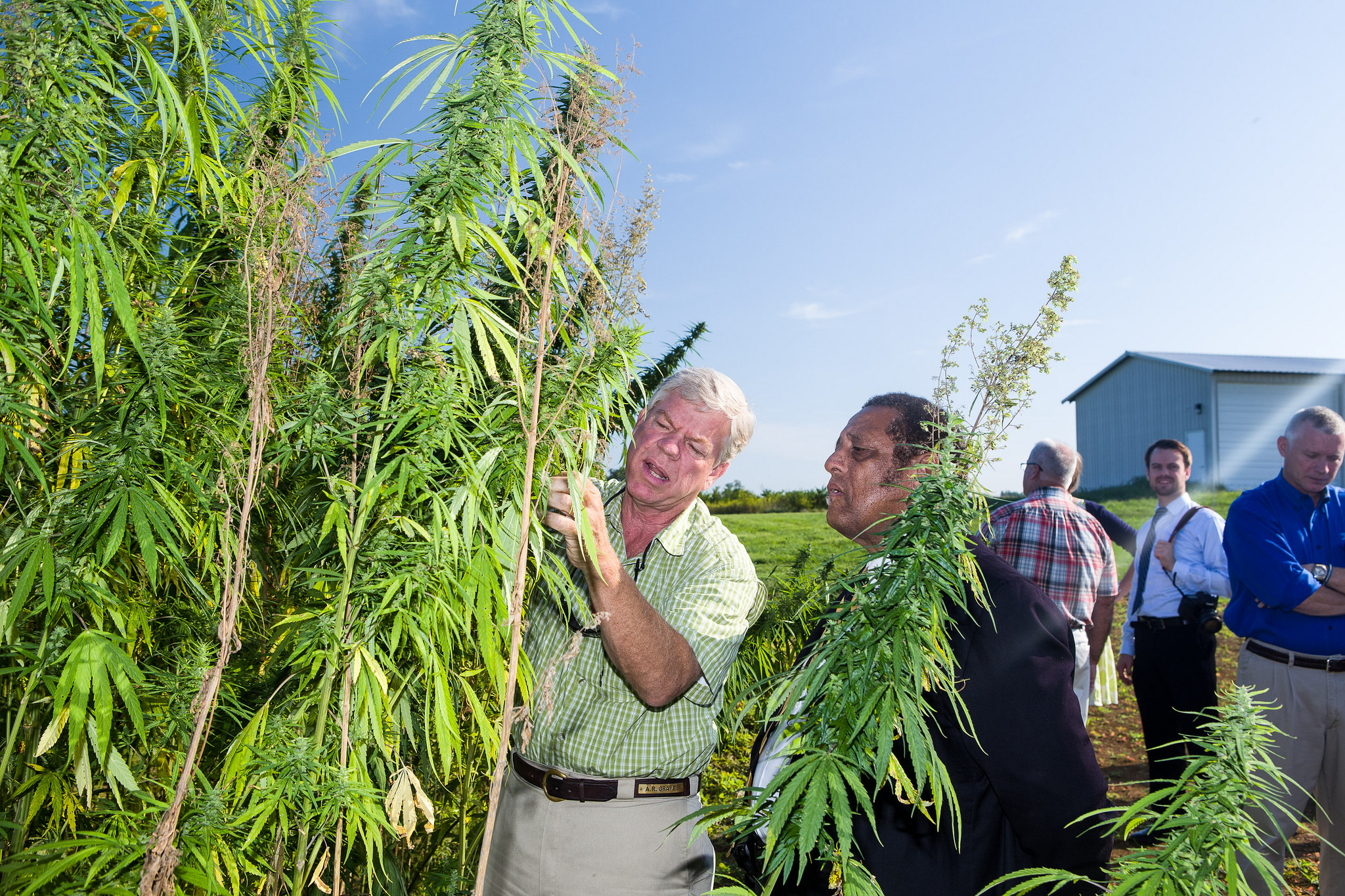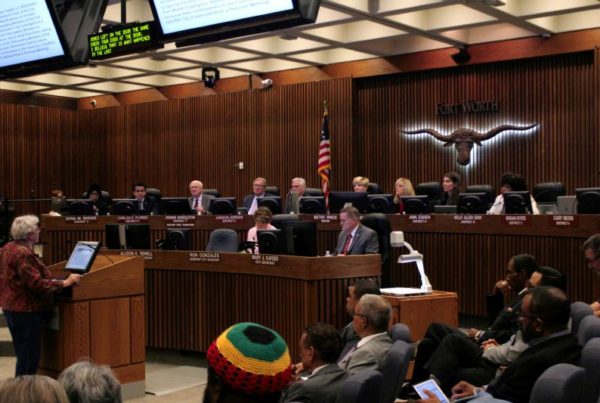Big news on the agriculture front Wednesday: the U.S. House of Representatives overwhelmingly passed the farm bill, and now it’s up to President Donald Trump to sign it. Liz Crampton is an agriculture and food policy reporter for Politico and says the $867 billion farm bill covers a wide range of things.
“It covers a wide variety of food and nutrition programs, from subsidy programs to conservation efforts to food stamps,” Crampton says. “It’s … a huge funding bill that keeps USDA and some other programs running for five years.”
For a while, it was unclear whether Congress would pass the bill. House Republicans had held up the process by trying secure certain requirements related to the Supplemental Nutrition Assistance Program, or SNAP.
“The House GOP … wanted to impose stricter work requirements on millions of food-stamp recipients,” Crampton says. “But that effort is a no-go in the Senate ’cause it has no chance of passing in that chamber. So that led to heated negotiations over the past several months.”
She says lawmakers eventually struck a deal, and after that, the bill moved quickly through the House and Senate.
Crampton says the bill doesn’t change much for those on the SNAP program. There are already work requirements for people who receive those benefits, but there are no new work requirements in this bill.
“For the most part, it’s a status quo bill,” Crampton says.
Crampton says the bill will also help give farmers “an extra leg up,” since many are struggling in the current economy.
“There’s one provision that allows for more family members to receive payments from USDA – cousins, nieces and nephews who are actively engaged in farm work and getting their hands dirty,” Crampton says.
She says the “buzziest” part of the bill is that it legalizes hemp production nationwide. That opens up a new market for farmers, which Crampton says could end up being very profitable for some of them. Hemp can be used to make clothing, paper and many other things. Crampton says Senate Majority Leader Mitch McConnell has led the effort to legalize hemp, starting with a pilot project in 2014 in his home state of Kentucky.
“He actually happily signed the conference report this week with a hemp pen,” Crampton says.
Republican Congressman from Texas and House Committee on Agriculture Chair Mike Conaway also advocated strongly for this bill. Crampton says when Conaway talked to reporters Wednesday after the bill passed, he seemed “over the moon.”
Crampton says the farm bill was a top priority for Congress during the lame-duck session.
Written by Caroline Covington.
















